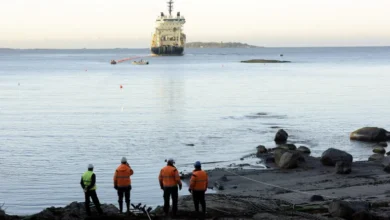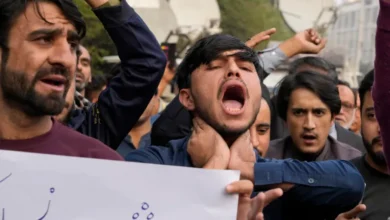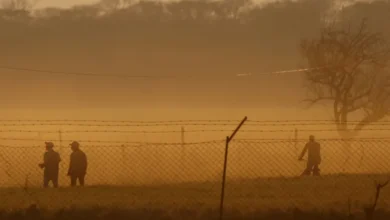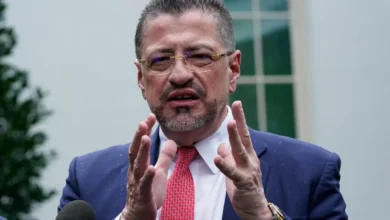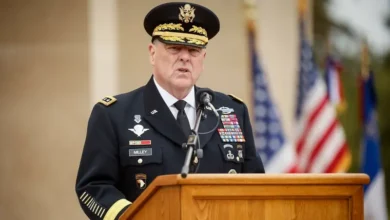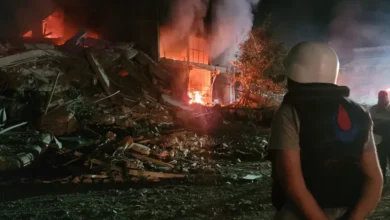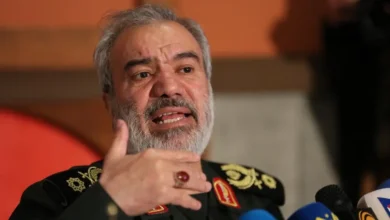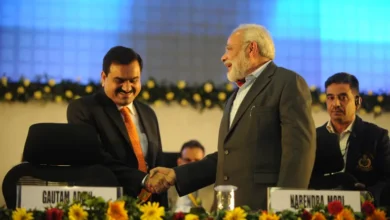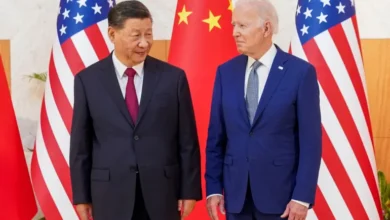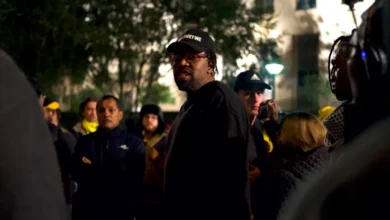West’s anti-Russian motive behind declining diplomatic relations: Russia’s UK envoy
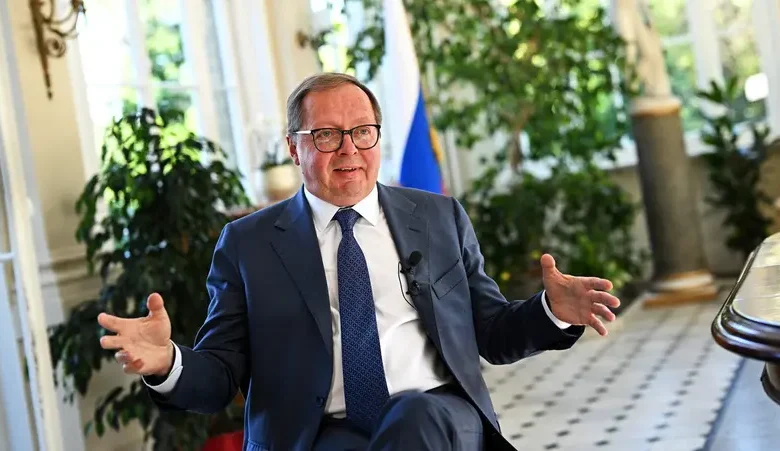
Anti-Russian motives from the US and UK are responsible for fading diplomatic relations between Moscow and the West, Russia’s ambassador to the UK Andrei Kelin said on Thursday.
“Some time ago, US and UK decided that Russia has become too strong and aggressive; the decision was taken to extend NATO as close as possible to our borders and to turn Ukraine anti-Russian…” Kelin claimed.
“The UK is taking a leading role in providing weapons and money to Ukraine but with this type of help it is destroying Ukraine because Ukraine is now totally dependent on foreign assistance; it has no economy.”
According to the ambassador, “The Ukrainians cannot stop this war, because if it stops, they will receive no more money and no more weapons. So, they have to turn this wheel and continue to run.”
Klein also said that the British-Russian relationship was normal between 2000 and 2013.
According to the ambassador, 2013 is when relations took a turn for the worse.
This was in reference to the Maidan uprising in Ukraine in 2013 – a time of civil unrest caused by then President Viktor Yanukovych’s decision not to sign the EU-Ukraine Association Agreement, instead choosing closer ties with Russia and the Eurasian Economic Union.
He also said the occupation of Crimea in 2014 played a role.
“It was the beginning of the war as you describe, we call it a special operation, but in fact the war has been going since 2014,” he stated.
Hacking, espionage
With regard to claims of Russian hackers interfering in the UK, Kelin said: “I am here for three years and I am reading every day about these blunt accusations with no proof. We simply try to disregard them. Initially we used to respond to them, but at the moment, I feel they are a political gesture.”
He continued, “We have no interest and no possibility to interfere in internal British affairs. It is also prohibited by law, the external interference.”
The ambassador maintains that the British government policy is anti-Russian.
“They are targeting lots of Russians who are living here. I hear complaints from Russian people; many have gone back to Russia because simply they can’t do business here.”
“Some 10 years ago, we had around 600 representations of Russian business companies. They have all gone now. They have been squeezed out by the policy of Great Britain and this is one of the disadvantages.”
“Britain is cutting itself the opportunity to develop external foreign relationship. While it is bad for us, it is also bad for Britain,” Kelin concluded.
The UK has had a close military relationship with Ukraine since 2014, around the time Russian President Vladimir Putin’s annexed Crimea. Since 2020, the UK has trained Ukrainian soldiers and is the third biggest donor of military and economic aid, after the US and Germany.
While UK-Russia relations are decidedly tense at the moment, Kelin maintains a hopeful outlook going forward.
“We are not going to take initiative, this is not our idea to demolish the architecture of the relationship, but I do believe we continue to be neighbors on the same continent,” he said.
“Russia will not disappear, Russia of course is going to prevail in this conflict… we do understand that Ukraine is backed by the West and this is why the conflict is so long.”
